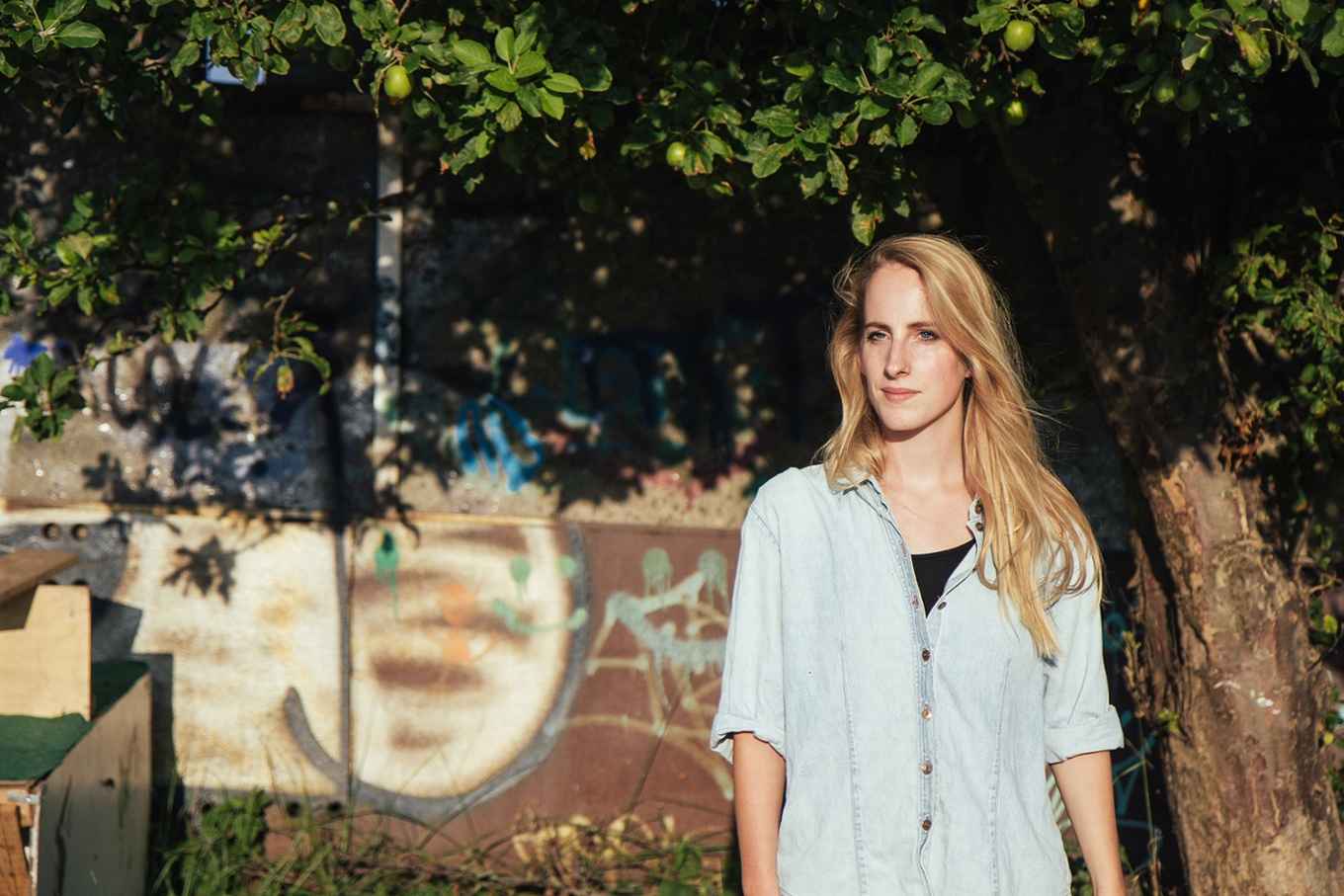Fien Veldman

Why did you choose the Research Master's in Literary Studies?
In the final year of my Bachelor’s degree in Literary Studies I was certain I wanted to do a Research Master’s. Not particularly because I wanted to do a PhD, but because I wanted to be able to study abroad during my Master’s degree and I wanted to have enough time to write a really good thesis. I felt that one year wasn’t enough to do the research I wanted to do.
Did you already know what you wanted to write your thesis about? Did you have a particular research topic in mind?
I was lucky I already knew what my field of interest was, post 9/11 literature, and I went on exchange to McGill University in Montreal, Canada in the second year of my Master’s degree, because they had specific courses on topics like post 9/11 precarity. That turned out to be perfect: I wrote my thesis on post 9/11 orientalism and precarity. I enjoyed (yes, really) writing it, but I didn’t know if I wanted to do a PhD after – it’s a big commitment.
Now that you've graduated, what comes next?
It’s been a year and a half since I graduated. I’m still uncertain about pursuing a PhD, but I have been able to do a lot of writing since I got my degree. I had been working as a theatre critic during my degree, which I have continued doing, and I work as a freelance writer and editor. I also work part-time at Blendle, a journalism startup. It took a while to balance these things out, but I’m glad it worked out the way it did.
What have you taken away from the Research Master’s programme?
This Research Master’s degree was extremely valuable to me: not because it got me more job opportunities or paved the way to a PhD, but because I got a chance to learn a lot about the things that really fascinate me. In the first year of my Bachelor’s degree, we had a very passionate lecturer who liked to romanticise our field of study. ‘The study of literature,’ she once said while dramatically smoking a cigarette out of the Bungehuis building’s open window, ‘is the study of life’ – at the time I just thought it was funny, now I’m actually starting to agree.